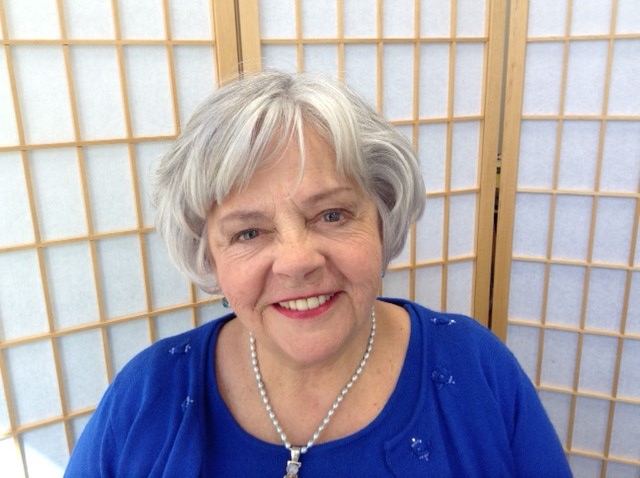2019-04-05 04:46:36

Play is Important and it’s good for you. Play is linked to learning at all stages of human development. It is said that play is a natural process that allows children to grow, to explore and make discoveries about their world.
Physical Play– develops big muscle groups, builds coordination and strength. Through physical play, children learn to control movement and balance and to develop and refine brain function, for example, eye-hand coordination.
Imaginary Play- develops creative thinking, stimulates the imagination. Pretend play allows children to “try on” different roles and explore the world of fantasy. Imaginary play builds memory and language. Imaginary play for children is both natural and rewarding.
Intellectual Play- develops logic, helps children to learn the relationship between cause and effect and builds an awareness of the concepts of rules and order. The most important intellectual learning for young children is the development of language. This explains why children love word play such as songs, stories, riddles, jokes and word games.
Social Play- allows a child to acquire skills necessary to relate with other people and become a successful member of society. Social play for young children builds an awareness of themselves as this relates to a variety of group settings (family, classmates, and playmates, community).
Imitation –Children begin to model the behaviours of the people in their world almost at birth. A baby learns to smile, laugh and make sounds to imitate the parent. This is the first and most critical step in the language learning process.
Solitary Play – children naturally begin to amuse themselves through touching and manipulation of objects. A baby who is putting things in their mouth isn’t necessarily hungry he/she is happily exploring their world. The 2-year-old who finds a shoe or paper box can sustain long periods of intense discovery learning.
Parallel Play–this occurs when a group of young children are playing together but each child’s play is independent. Each child is egocentric and engaged in their own activity. The reason the parallel play is important for adults to understand is that at some point (ages 3-5) a child discovers that others exist.
Interactive Play- signals the beginning point where children are ready to learn social skills (sharing, taking turns, and waiting). This is because the child has “connected” that other people enrich the play. It is critical that children learn to play and function in groups because the child’s success transfers into how others will relate to them. Play is the learning ground for children to learn life skills and the value of others.